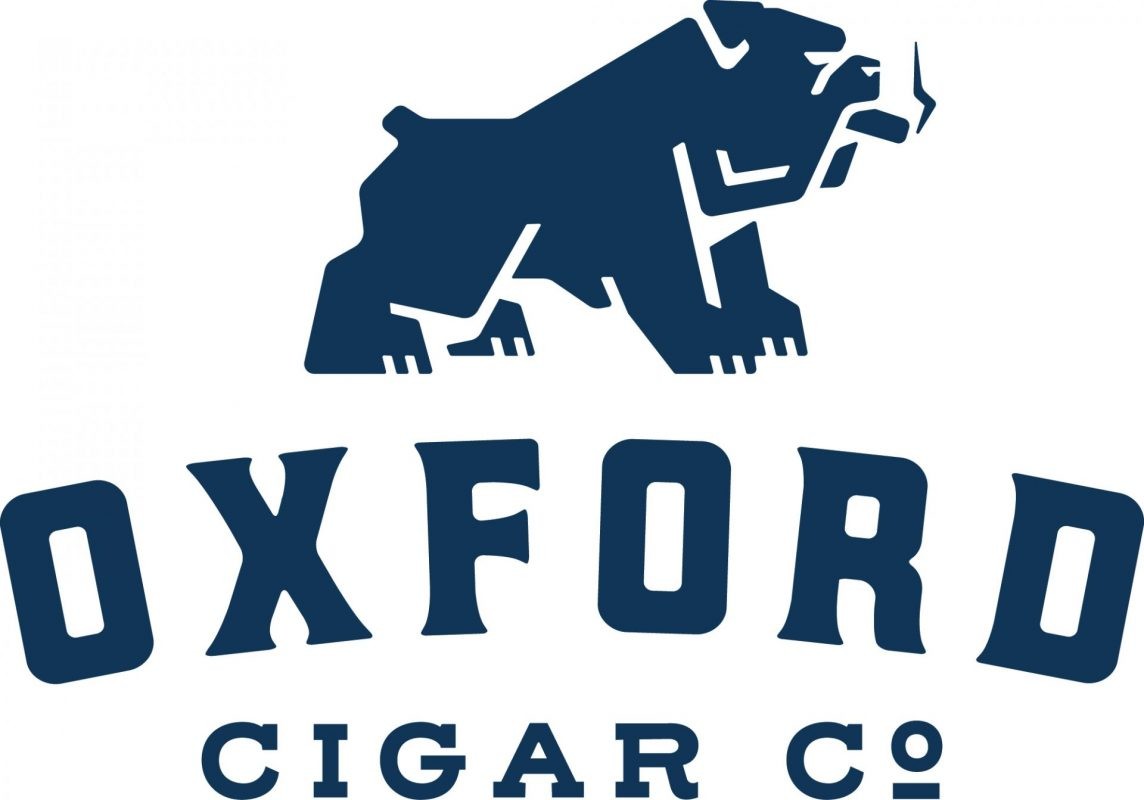News
Connecticut’s Crackdown on Tobacco Could Set a Dangerous National Precedent
Connecticut’s General Assembly recently saw the introduction of a set of bills that represent a troubling shift in state policy—one that could lead to some of the most restrictive tobacco regulations in the country. While HB 7178, HB 7181, and HB 7275 are being framed as reasonable public health reforms, these proposals could significantly alter your ability to purchase premium cigars.
Initially, buried in HB 7178 was a proposal to restrict the operating hours of retailers that sell tobacco, including premium cigar shops. Though that provision was ultimately stripped out following outreach by CRA and others, the mere suggestion of the reemergence of “blue light” laws reflects a regulatory mindset that treats premium cigars more like a controlled substance than a lawful product enjoyed by responsible adults. For Connecticut’s many cigar lounges and specialty tobacconists, such a restriction would have disrupted peak business hours, unfairly targeting Connecticut’s family-owned premium cigar shops.
Simultaneously, two additional and equally alarming bills, HB 7181 and HB 7275, were introduced and aimed to prohibit the shipment of cigars and other tobacco products to Connecticut consumers from out-of-state retailers. These two provisions would effectively end mail-order cigar sales in the state. For thousands of adult consumers who rely on mail-order services for selection, convenience, and access to boutique products, the result would be a frustrating loss of choice. And for retailers, particularly those in other states who lawfully serve Connecticut residents, it would mean an abrupt end to a major sales channel.
Supporters of these measures say they are trying to close loopholes and protect youth. But data shows that premium cigars are not a significant vector for youth tobacco use. Premium cigars are not impulse buys at gas stations; they are deliberate purchases made by informed adults. Restricting remote sales might make enforcement easier, but it also penalizes law-abiding consumers and undermines legitimate commerce.
These bills are not happening in a vacuum. Connecticut only recently lifted a 20-year ban on new cigar bars. The state now appears to be taking a step in the opposite direction, pursuing regulations that would make it harder to operate or patronize these businesses. If enacted, or in the case of HB 7178 an effort to put the blue light proposal back into the bill, these bills could usher in burdensome restrictions, including enhanced penalties and aggressive enforcement actions that could discourage legitimate operations.
Connecticut’s regulatory trajectory should concern consumers and businesses far beyond its borders. Other states often follow the lead of early adopters when it comes to tobacco regulation. A successful ban on remote sales in Hartford could inspire similar efforts elsewhere. What’s more, if this kind of overreach is allowed to stand, it could eventually include bans on flavored cigars that inadvertently capture premium cigars, lead to higher excise taxes, and even generational bans that prohibit sales to anyone born after a certain year.
Lawmakers should take a more balanced approach that distinguishes between types of tobacco products, considers the real-world impact on adult consumers, and avoids sweeping prohibitions that do little to advance public health. Otherwise, Connecticut risks becoming the test case for a regulatory model that treats premium cigars as inherently problematic rather than acknowledging them as legal products in a legitimate marketplace.
If that happens, the question won’t just be what cigars you can buy in Connecticut. It will be whether you can buy them at all.
The post Connecticut’s Crackdown on Tobacco Could Set a Dangerous National Precedent appeared first on Cigar Rights.


